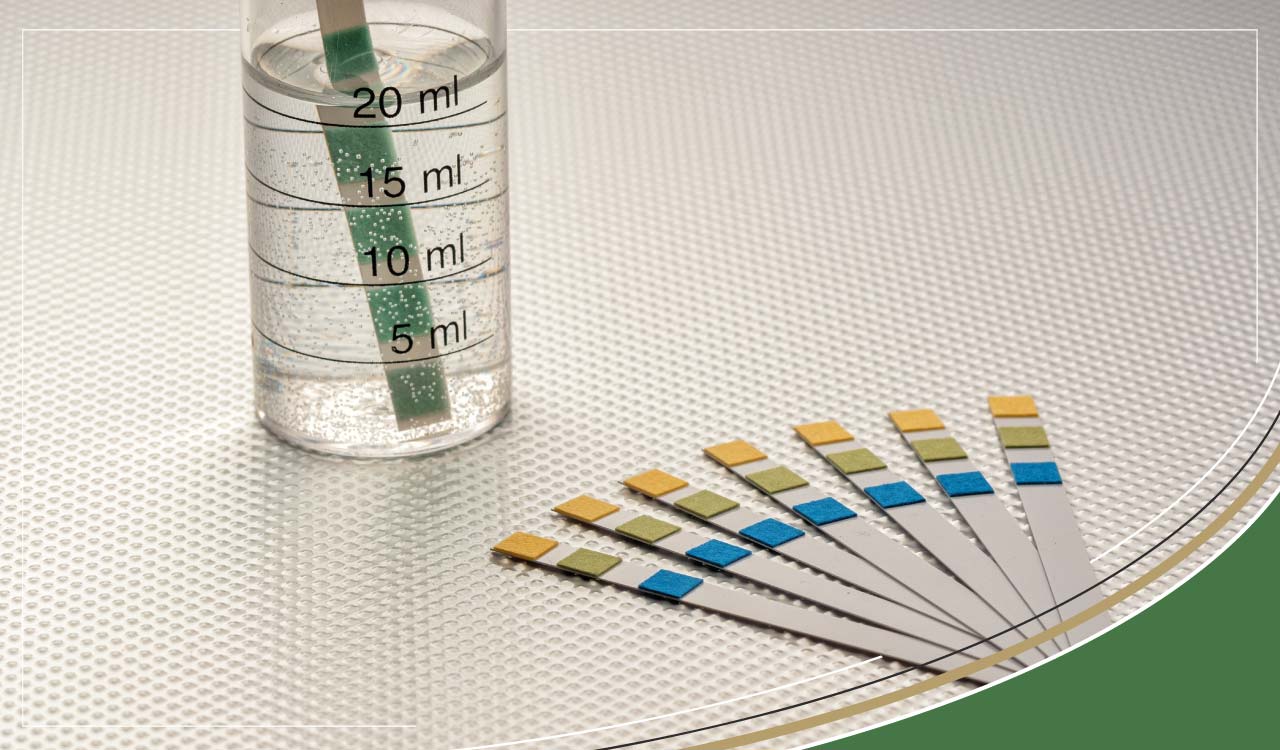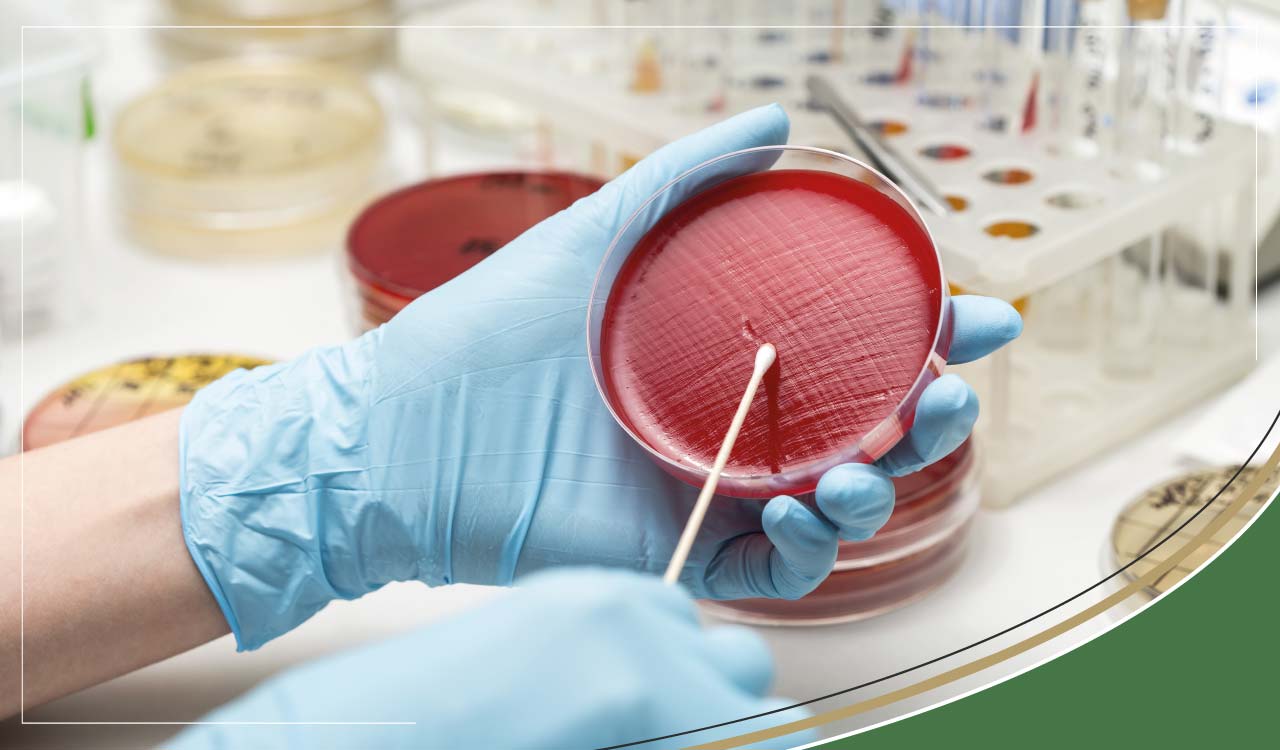Can changing urine pH from acidic to slightly alkaline benefit bladder health?

Alkalising your urine may help maintain bladder health.
Alkaline urine inhibits most bacterial growth (you will have noticed how things get worse overnight as the pH of urine gets increasingly acidic). So testing for the pH of your urine is essential.
A urine pH closer to a neutral level and possibly about 7,2-5ph will have an impact on the rate of colony growth ( in acidic conditions they can double every twenty minutes, so 10 billion, 20 billion and in alkaline they slow to every forty minutes).
Monitor your urine pH level (acid/alkalinity) with Urine Test Strips
The pH scale is from 0 to 14, with numbers below 7 being acidic and numbers above 7, alkaline. Urine Test Strips are really simple to use with easy colour match charts so that you can find out for yourself in just a few seconds, pH levels, nitrites, leukocytes, blood and protein etc.
Healthy Foods and A Healthy Bladder
Diet has been proven to affect urine pH, but there is still much debate on the specific effects of different foods. It can be very confusing as there is a lot of conflicting information available, but here at Sweet Cures, we believe that avoiding alcohol, caffeinated drinks, orange and cranberry juices and red meat is an excellent place to start.
Below is a short list of foods and drinks and their likely effects on urine ph. This information is intended only as a general guide to alkalizing and acidifying foods. The result of some foods may differ for some people - it depends to an extent on the enzymes that your particular set of gut bacteria produce. So it's worth testing your urine pH a few times over a couple of days if you suspect that one type of food is having a different effect on you.
Please also remember that it is important to maintain a healthy and balanced diet. Do not undertake any drastic dietary changes without first consulting your doctor.
The Difference between Body pH and Urine pH
Getting an alkaline ash in the urine will not affect body pH as homeostasis ensures that pH will return to its usual level:
"It's not true that the acidity of the body can be changed significantly by diet. Whatever food you eat passes through your stomach, which is highly acidic (pH between 1.5 and 3.5), making it an ideal environment for pepsin, the main digestive enzyme, to break down food. Stomach acid pH levels can be affected by the quantity of food you eat, infection, and stress. Eating foods designated acidic or alkaline is irrelevant to affecting pH in the stomach.* Eating acidic or alkaline foods is also irrelevant to affecting the pH of blood cells, despite what Robert O. Young claims. Homeostatic mechanisms keep the acidity of the bloodstream within a narrow range. Different foods do, however, affect the pH of urine, which is confined to the bladder."
"You cannot change the acidity of any part of your body except your urine. Your bloodstream and organs control acidity in a very narrow range. Anything that changed acidity in your body would make you very sick and could even be life-threatening you."
ALKALIZING FOODS
ALKALIZING VEGETABLES
- Alfalfa
- Aubergine
- Barley Grass
- Beets
- Beet Greens
- Broccoli
- Brussel Sprouts
- Cabbage
- Carrot
- Cauliflower
- Celery
- Chard Greens
- Cucumber
- Daikon
- Dandelion
- Fermented Vegetables
- Garlic
- Green Beans
- Kale
- Kohlrabi
- Lettuce
- Mushrooms
- Nori
- Onions
- Peas
- Peppers
- Pumpkin
- Radishes
- Sea Vegetables
- Spinach
- Sprouts
- Sweet Potatoes
- Tomatoes
- Wakame
- Watercress
- Wheat Grass
ALKALIZING FRUITS
- Apple
- Apricot
- Avocado
- Banana (high glycemic)
- Blackberries
- Cantaloupe
- Cherries
- Coconut (fresh)
- Dates
- Figs
- Grapes
- Grapefruit
- Honeydew Melon
- Lemon
- Lime
- Muskmelons
- Peach
- Pear
- Pineapple
- Raisins
- Raspberries
- Rhubarb
- Strawberries
- Tangerine
- Tomato
- Umeboshi Plums
- Watermelon
Although it might seem that citrus fruits would have an acidifying effect on the body, except for oranges, the citric acid they contain has an alkalising effect in the system.
ALKALIZING SPICES & SEASONINGS
- All Herbs
- Chilli Pepper
- Cinnamon
- Curry
- Ginger
- Miso
- Mustard
- Sea Salt
- Tamari
ALKALIZING PROTEIN
- Almonds
- Chestnuts
- Millet
- Tempeh (fermented)
- Tofu (fermented)
- Sunflower Seeds
- Whey Protein Powder
ALKALIZING OTHER
- Apple Cider Vinegar
- Bee Pollen
- Fresh Fruit Juice (except Orange, Cranberry & Nectarine)
- Green Juices
- Lecithin Granules
- Molasses (Blackstrap)
- Probiotic Cultures
- Veggie Juices
ACIDIFYING FOODS
ACIDIFYING VEGETABLES
- Black Beans
- Chick Peas
- Corn, Kidney Beans
- Lentils
- Olives
- Pinto Beans
- Red Beans
- Soy Beans
- White Beans
- Winter Squash
ACIDIFYING FRUITS
- Cranberries
- Oranges
ACIDIFYING GRAINS & GRAIN PRODUCTS
- Amaranth
- Barley
- Bran
- Corn
- Cornstarch
- Hemp Seed Flour
- Kamut (Khorasan Oats)
- Oatmeal
- Oats
- Oats (rolled)
- Quinoa
- Rice (all)
- Rice Cakes
- Rye
- Spelt
- Wheat
- Wheat Germ
- Wheat Flour
- White Pasta
ACIDIFYING ANIMAL PROTEIN
- Bacon
- Beef
- Corned Beef
- Eggs
- Fish
- Lamb, Offal
- Pork
- Rabbit
- Sausage
- Shellfish
- Turkey
- Veal
- Venison
ACIDIFYING NUTS & NUT PRODUCTS
- Cashews
- Peanuts
- Peanut Butter
- Pecans
- Tahini
- Walnuts
ACIDIFYING DAIRY
- Butter
- Cheese
- Milk
ACIDIFYING FATS & OILS
- Avocado Oil
- Butter
- Canola Oil
- Corn Oil
- Hemp Seed Oil
- Flax Oil
- Lard
- Olive Oil
- Safflower Oil
- Sesame Oil
- Sunflower Oil
ACIDIFYING DRINKS
- All Alcohol
- Almond Milk
- Cocoa, Coffee
- Cranberry Juice
- Orange Juice
- Rice Milk
- Soft Drinks
- Soy Milk
 Free Royal Mail 24 Tracked Delivery - Spend £10+
Free Royal Mail 24 Tracked Delivery - Spend £10+
 Support 01904 789559 - 20+ Years Expertise
Support 01904 789559 - 20+ Years Expertise
 Rated 5 out of 5 on Trustpilot
Rated 5 out of 5 on Trustpilot


















